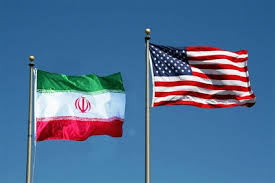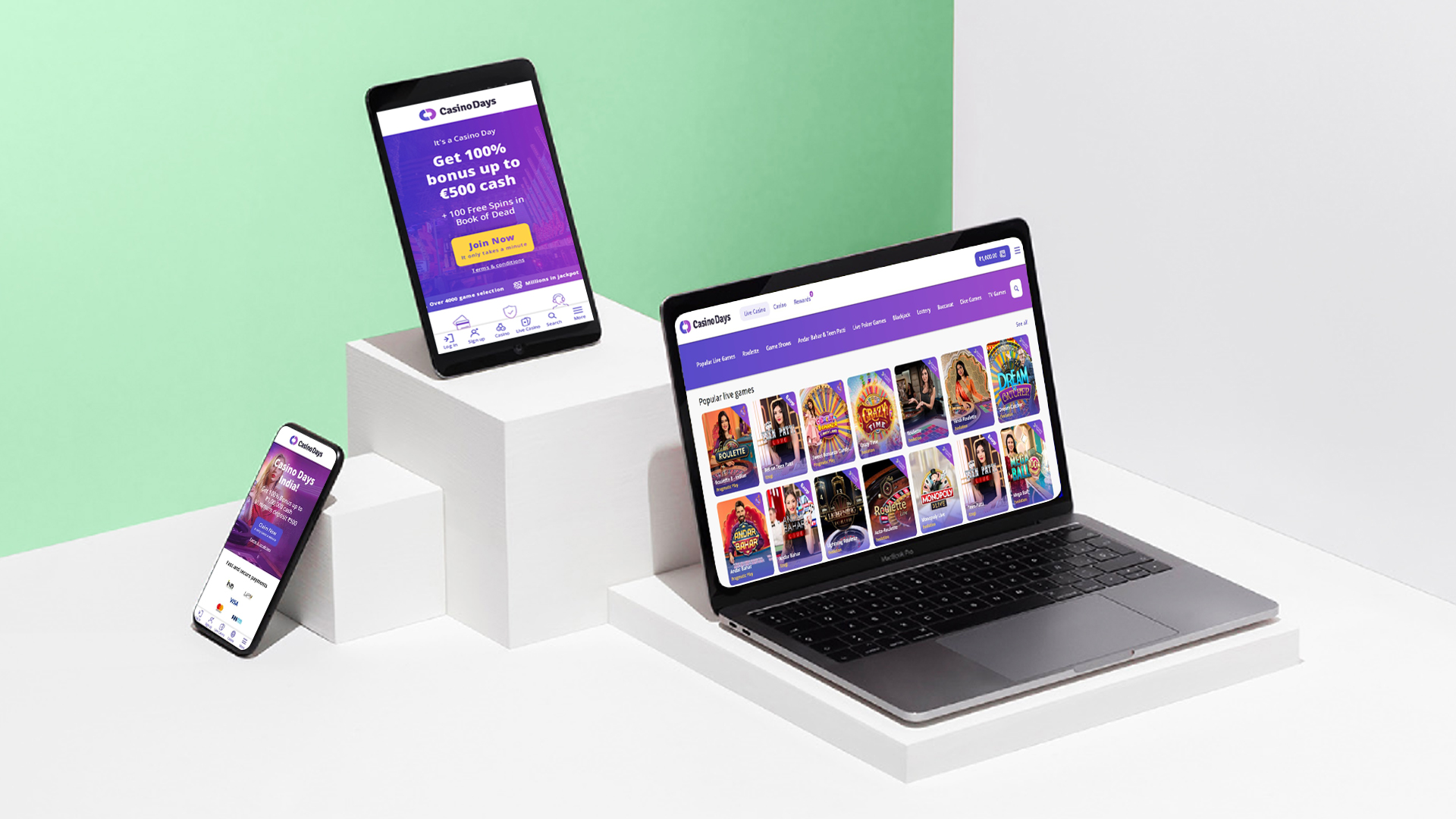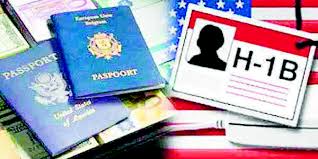Top News
US triggered a ‘snap-back’ of UN sanctions on Iran, what does that mean?

US President Donald Trump’s administration on Thursday triggered a process aimed at restoring all UN sanctions on Iran after the UN Security Council rejected a US bid to extend a conventional arms embargo on the country. Here is a look at the events leading to this showdown and an explanation of what could happen next.
The Security Council imposed an arms embargo on Iran in 2007. The embargo is due to expire in mid-October, as agreed to under the 2015 nuclear deal among Iran, Russia, China, Germany, Britain, France and the United States that seeks to prevent Tehran from developing nuclear weapons in return for economic sanctions relief. That accord is enshrined in a 2015 Security Council resolution.
In 2018, US President Donald Trump quit the accord reached under his predecessor Barack Obama, calling it “the worst deal ever.” The United States failed on Friday in a bid to extend the Iran embargo at the Security Council.
A snapback of UN sanctions would require Iran to suspend all nuclear enrichment-related and reprocessing activities, including research and development, and ban imports of anything that could contribute to those activities or to the development of nuclear weapon delivery systems.
It would reimpose the arms embargo, ban Iran from developing ballistic missiles capable of delivering nuclear weapons and bring back targeted sanctions on dozens of individuals and entities. Countries also would be urged to inspect shipments to and from Iran and authorized to seize any banned cargo.
The United States submitted a complaint about Iran breaching the nuclear deal to the Security Council on Thursday. If a Security Council resolution extending sanctions relief on Iran is not adopted within the next 30 days, then UN sanctions are supposed to be reimposed. A vote on such a resolution would allow the United States to cast a veto and give it a cleaner argument that the snap-back has been executed.
“We’re confident that a resolution will be introduced,” US Secretary of State Mike Pompeo told reporters on Thursday, though he would not say by whom.
Under the 2015 UN resolution enshrining the nuclear deal, if such a resolution is not put forward within 10 days then the council president – Indonesia for August or Niger for September – would put a text forward before the 30 day deadline.
However, there is a caveat that the president will “take into account the views of the states involved” and diplomats say that given most council members oppose the US move Indonesia and Niger would not have to put a draft resolution to a vote. The United States could try and put forward the resolution itself and then veto its own text, but diplomats say this would likely spark messy procedural battles in the Security Council.If no resolution is put forward, the United States would simply assert in 30 days time that UN sanctions be reimposed.
Entertainment
Casino Days Reveal Internal Data on Most Popular Smartphones

International online casino Casino Days has published a report sharing their internal data on what types and brands of devices are used to play on the platform by users from the South Asian region.
Such aggregate data analyses allow the operator to optimise their website for the brands and models of devices people are actually using.
The insights gained through the research also help Casino Days tailor their services based on the better understanding of their clients and their needs.
Desktops and Tablets Lose the Battle vs Mobile
The primary data samples analysed by Casino Days reveal that mobile connections dominate the market in South Asia and are responsible for a whopping 96.6% of gaming sessions, while computers and tablets have negligible shares of 2.9% and 0.5% respectively.
The authors of the study point out that historically, playing online casino was exclusively done on computers, and attribute thе major shift to mobile that has unfolded over time to the wide spread of cheaper smartphones and mobile data plans in South Asia.
“Some of the reasons behind this massive difference in device type are affordability, technical advantages, as well as cheaper and more obtainable internet plans for mobiles than those for computers,” the researchers comment.
Xiaomi and Vivo Outperform Samsung, Apple Way Down in Rankings
Chinese brands Xiaomi and Vivo were used by 21.9% and 20.79% of Casino Days players from South Asia respectively, and together with the positioned in third place with a 18.1% share South Korean brand Samsung dominate the market among real money gamers in the region.
Cupertino, California-based Apple is way down in seventh with a user share of just 2.29%, overshadowed by Chinese brands Realme (11.43%), OPPO (11.23%), and OnePlus (4.07%).
Huawei is at the very bottom of the chart with a tiny share just below the single percent mark, trailing behind mobile devices by Motorola, Google, and Infinix.
The data on actual phone usage provided by Casino Days, even though limited to the gaming parts of the population of South Asia, paints a different picture from global statistics on smartphone shipments by vendors.
Apple and Samsung have been sharing the worldwide lead for over a decade, while current regional leader Xiaomi secured their third position globally just a couple of years ago.
Striking Android Dominance among South Asian Real Money Gaming Communities
The shifted market share patterns of the world’s top smartphone brands in South Asia observed by the Casino Days research paper reveal a striking dominance of Android devices at the expense of iOS-powered phones.
On the global level, Android enjoys a comfortable lead with a sizable 68.79% share which grows to nearly 79% when we look at the whole continent of Asia. The data on South Asian real money gaming communities suggests that Android’s dominance grows even higher and is north of the 90% mark.
Among the major factors behind these figures, the authors of the study point to the relative affordability of and greater availability of Android devices in the region, especially when manufactured locally in countries like India and Vietnam.
“And, with influencers and tech reviews putting emphasis on Android devices, the choice of mobile phone brand and OS becomes easy; Android has a much wider range of products and caters to the Asian online casino market in ways that Apple can’t due to technical limitations,” the researchers add.
The far better integration achieved by Google Pay compared to its counterpart Apple Pay has also played a crucial role in shaping the existing smartphone market trends.
Content provided by Adverloom























